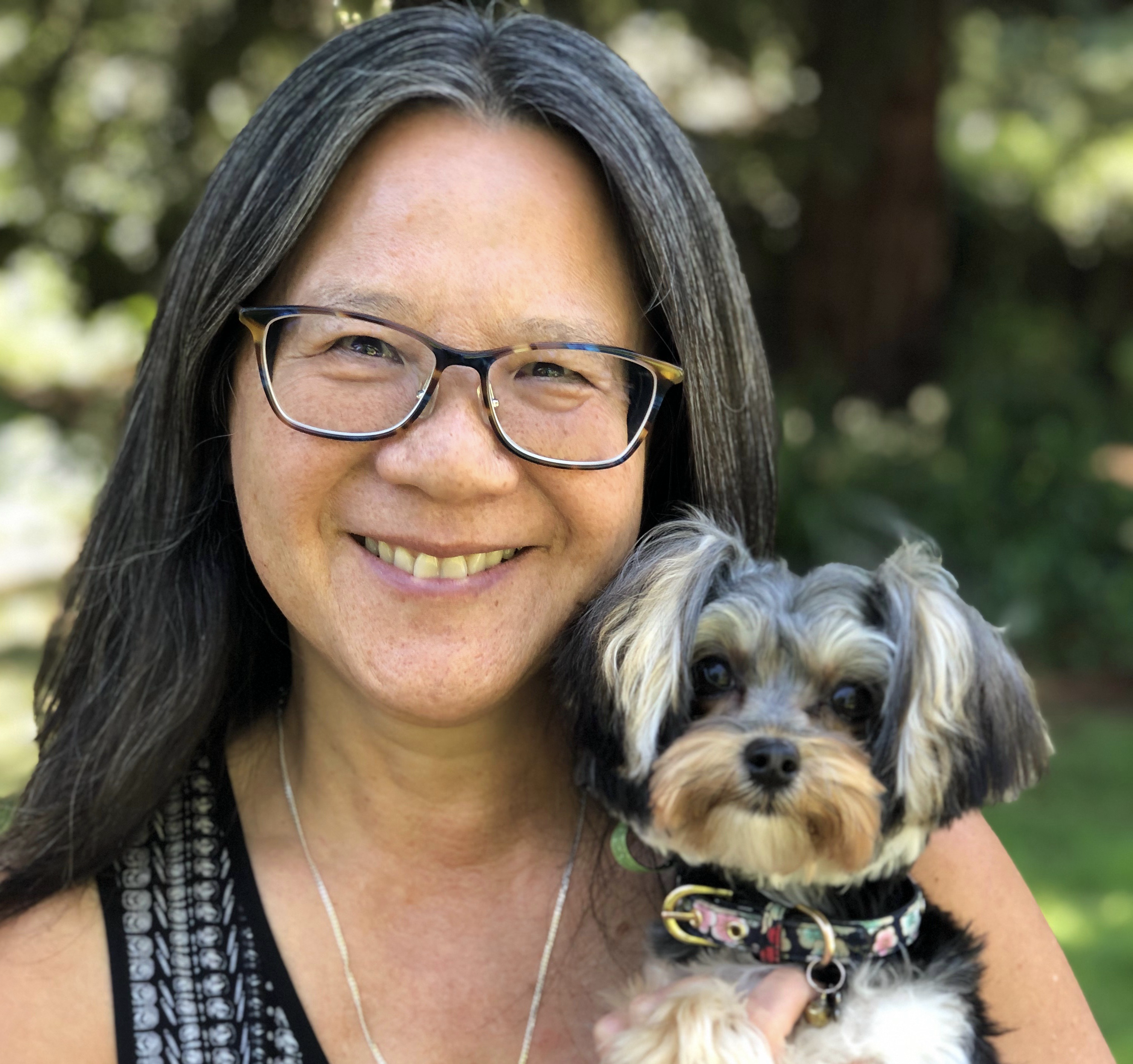Frequently Asked Questions
How can we help you?
In both Western and Eastern health practices, balance is achieved when we achieve a healthy state. The body, the mind and the environment must cooperate to create physical harmony. When things get out of balance, the immune system over acts, or viral pathogens invade and upset the body’s temperature balance and cause a fever, or a tumor develops to disrupt normal organ function - things are out of balance. Acupuncture and Integrative Veterinary Medicine are ways to help restore a balanced healthy state.
Acupuncture has been practiced for thousands of years in both animals and humans in China. Modern research has determined that acupoints associate with areas where there are high densities of free nerve endings, small blood vessels, and lymphatics. Stimulating these points have been shown to release beta-endorphins, serotonin, and other neurotransmitters. Acupuncture points have been shown to affect other areas of the body, and these points have been mapped out and are called meridians or channels. By stimulating specific points along a meridian or channel, one can affect various systems in the body to help alleviate stagnation, improve the flow of energy and Qi, and this enables the body to heal itself. Acupuncture involves using a variety of methods to achieve this, including very small, sterile, dry needles, electrical stimulation of these needles, and/or injecting a solution into acupoints to stimulate the channels. It is very safe, and can be done in conjunction with other Western medical treatments to help ensure the best outcome possible for your pet’s particular situation.
Only licensed veterinarians are qualified to practice veterinary acupuncture in most states in the USA, and should have received formal training and obtained the Certified Veterinary Acupuncturist (CVA) certification for such practice.
Each treatment session usually takes between 20-45 minutes. It is best to help your pet relax and calm down before treatments. While exercise is one way to help them calm down, I suggest walking them at least one hour before the appointment in order to allow their breathing and energy to settle. However, if your pet has not had any exercise and is energetic, a nice walk to expel excess energy is a good idea, still allowing for some cool down to take place before their actual treatment.
Often results can be seen immediately, but more lasting effects will require several treatments. Typically a minimum of 3-5 treatments 1-2 weeks apart for chronic conditions are needed before one can expect notable improvement. Each case is unique; however, it is best to plan on committing to 3 treatments before fully evaluating results. Acupuncture helps the body to rebalance and correct itself. This will involve giving the body some time to adjust.
The needles are very thin, in some cases as fine as hair, and in most cases it is not painful. Sometimes because of the relaxation effects with acupuncture, animals typically lie down during treatment, especially after one or two sessions and they become familiar with the treatment. They may react initially to the insertion of the needle because of something known as “De-Qi” (the arrival of Qi). This is expected and a good indication for a good response to therapy. In general, sedation is not recommended.
Many conditions respond particularly well to acupuncture including musculoskeletal problems, muscle soreness, back pain, osteoarthritis, intervertebral disc disease, neurological disorders, seizures, GI disorders including diarrhea, vomiting, constipation, as well as chronic conditions such as asthma, kidney disease, liver disease, skin and ear conditions, and behavioral problems. Acupuncture is especially useful with quality of life issues which may involve cancer (more info on using TCVM for treating cancer can be found at this link), hospice care, as well as performance enhancements and prevention of disease.
Acupuncture should be used with caution in conditions which involve fractures, acute trauma and/or blood loss, open wounds, and pregnancy.
Integrative Veterinary Medicine bridges mult-disciplinary approaches to veterinary care. Traditional Chinese Veterinary Medicine (TCVM) is the practice of diagnosing your pet’s pattern diagnosis using traditional chinese medicine principles in order to identify the best treatment plan to help restore balance. Combining TCVM with Western based medical practice is known as Integrative Veterinary Medicine. With Integrative Veterinary Medicine I may also suggest herbal supplements and food therapy to treat your pet's wellbeing. One reason I find TCVM and acupuncture so appealing is that it is rarely associated with negative side effects. Treatment can be accomplished without the need for a lot of pharmaceuticals which may have unwanted side effects, and we can achieve remarkable results supporting our pet's ability to heal themselves.
